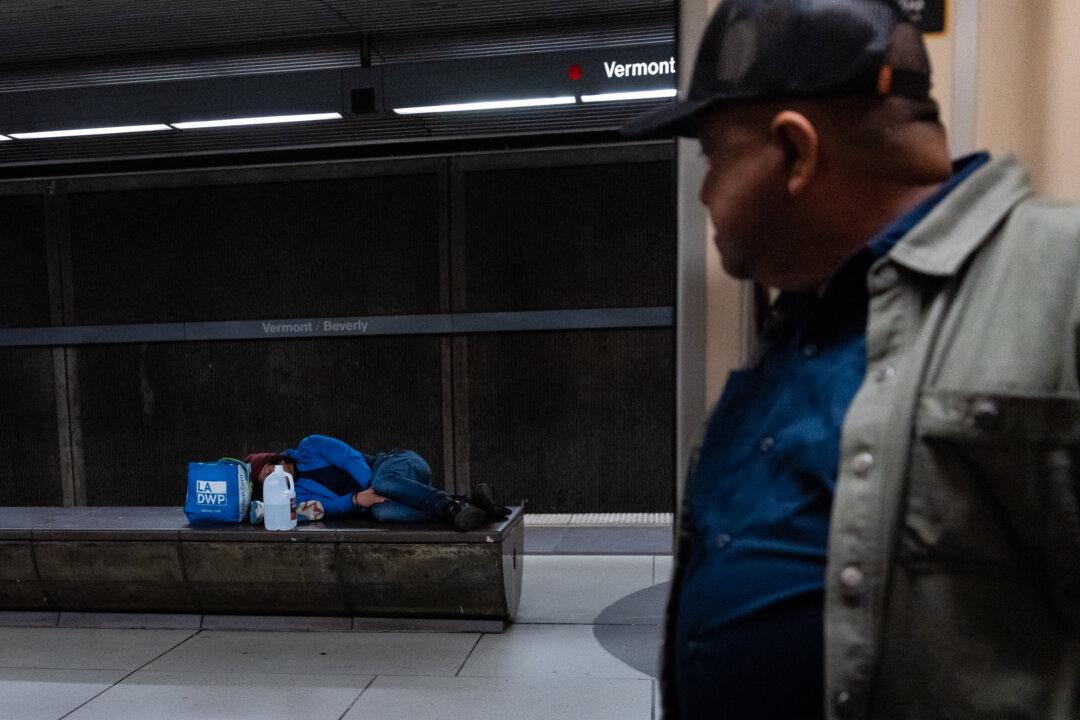The California Supreme Court April 19 shot down disability rights activists’ request to halt the implementation of Gov. Gavin Newsom’s law providing treatment for individuals with severe mental illness through a court order, known as the Community Assistance, Recovery, and Empowerment (CARE) Court.
The group, Disability Rights California—which advocates for those with disabilities in the state—is one of three coalitions that filed suit asking the court to examine the program earlier this year deeming it unconstitutional, alleging it would violate equal protection rights and due process.





